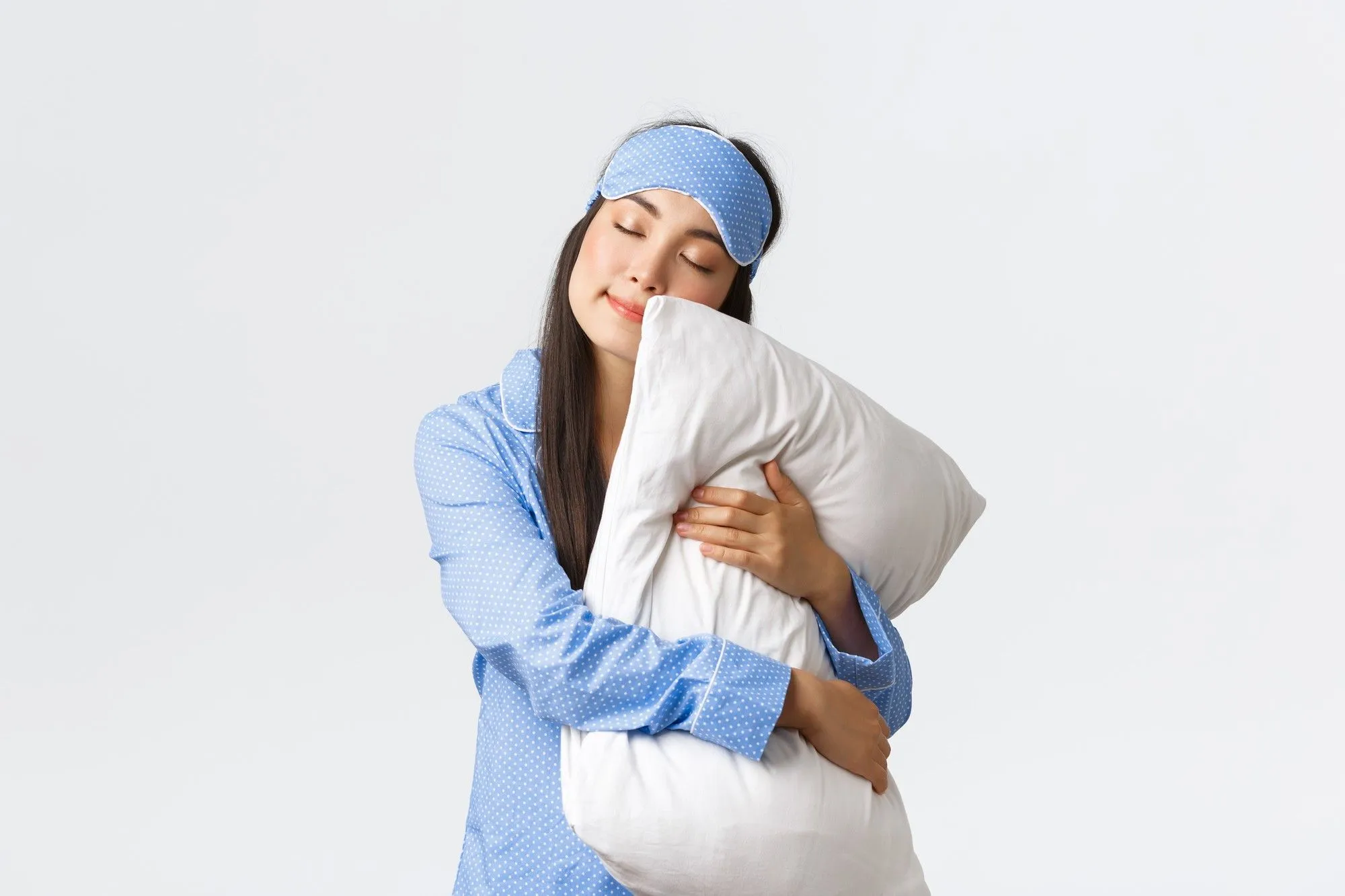Quick Links
For Patients
For Physicians
- Refer a patient to a specialist
- Order labs for patients
- Order radiology for patients
- Order At-Home Services
- Get your practice listed
For Companies

© Copyright 2024 American TelePhysicians. All rights reserved.







Insomnia is the medical term used for the condition in which you have difficulty falling asleep or staying asleep. Sleep is an important factor for the proper health and functioning of your body. On average, every adult requires 7 – 8 hours of peaceful sleep, although it may vary. If you develop insomnia, you may find it hard to fall asleep or the quality of your sleep is disturbed. This can have multiple effects on your physical and mental health. Short-term insomnia is common and gets better within a few days. Chronic insomnia can persist for months to years and requires medical attention to be treated.
Insomnia is the medical term used for the condition in which you have difficulty falling asleep or staying asleep. Sleep is an important factor for the proper health and functioning of your body. On average, every adult requires 7 – 8 hours of peaceful sleep, although it may vary. If you develop insomnia, you may find it hard to fall asleep or the quality of your sleep is disturbed. This can have multiple effects on your physical and mental health. Short-term insomnia is common and gets better within a few days. Chronic insomnia can persist for months to years and requires medical attention to be treated.